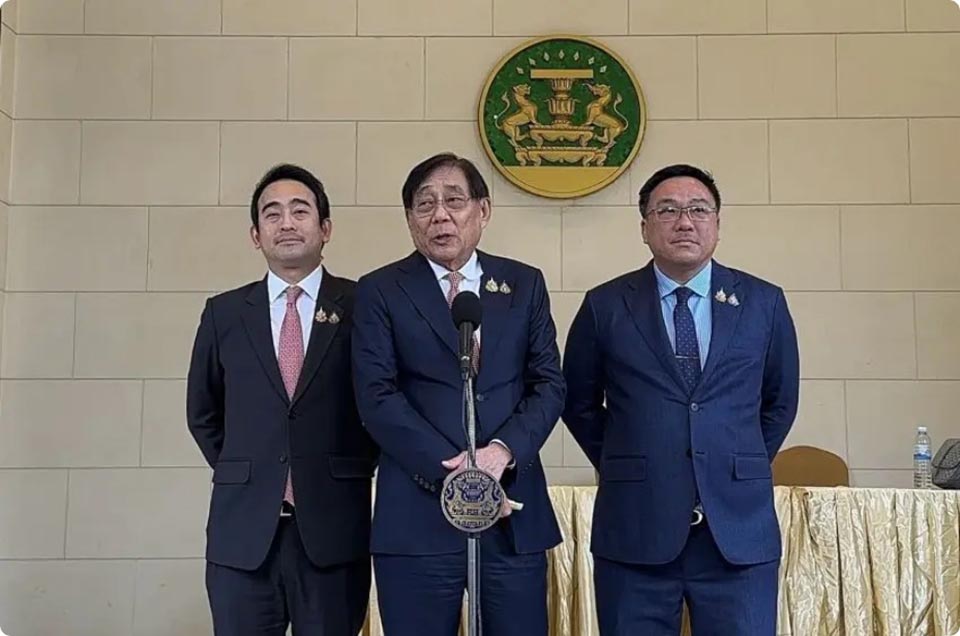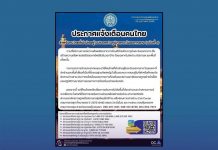
BANGKOK, Thailand – The government has indefinitely postponed Phase 3 of the Digital Wallet Program and redirected its 150 billion baht budget toward structural economic reforms and measures to address the impact of recent U.S. trade tariffs. The decision, announced on May 19 by Deputy Prime Minister and Finance Minister Pichai Chunhavajira, followed the second meeting of the 2025 Economic Stimulus Policy Committee.
Originally intended to boost domestic spending, the funds will now support long-term development projects across six areas: water resource management, transport and logistics infrastructure, tourism recovery, support for small and medium-sized enterprises and exporters affected by U.S. tariffs, community development through the SML Fund, and youth education and skills development.
Government agencies responsible for these areas must submit detailed proposals for committee review. The reallocation will affect the 2025 fiscal budget and prompt revisions to the 2026 and 2027 budgets. Officials estimate that the structural reform effort will require more than 500 billion baht over the next two to three years and contribute an estimated 0.7 to 1 percent to GDP growth.
The government is also working with the Bank of Thailand and commercial banks to support SMEs and exporters affected by U.S. policies. Proposed measures include soft loans and low-interest credit to help businesses maintain operations under external economic pressure.
The policy shift signals a move from short-term consumption stimulus toward targeted investments aimed at building resilience and strengthening Thailand’s long-term competitiveness in the global economy. (NNT)










